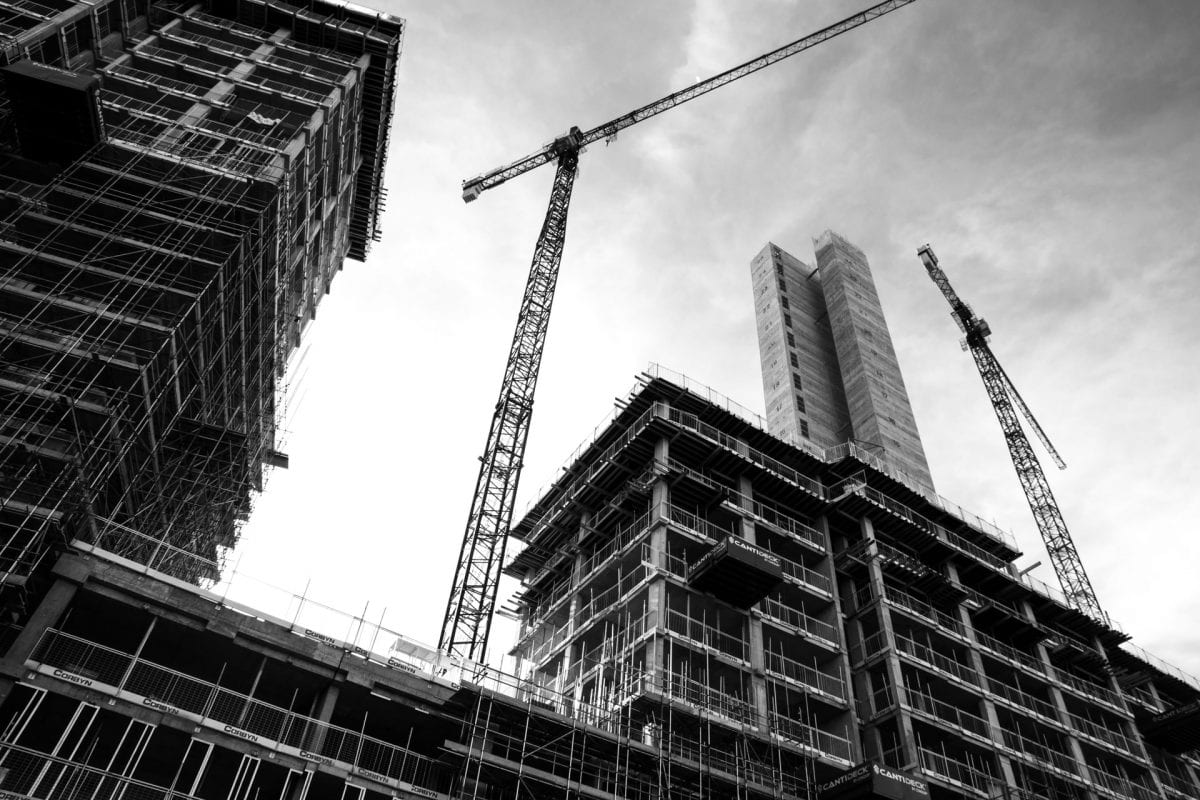The UK has long been considered a place of opportunity and prosperity, which has beckoned migrants to come here to find work for decades. The construction industry is one that is popular for hiring foreign workers, because they are found to be hard working, skilled in the trade and provide opportunity for expansion. However, there are special Construction Industry Scheme rules, and it’s vital to know if they apply to you as a foreign worker.
If you are an employee and your employer takes tax and National Insurance off of your wages, then you will not fall under the CIS bracket. If you work for yourself (self-employed), the CIS rules will most likely apply to you. If you are a sole trader, half of a partnership or the owner of a company, you will need to register with HM Revenue & Customs as a contractor or subcontractor under CIS.
The CIS covers permanent and temporary structures as well as civil engineering, whether that be bricklaying, decoration or demolition. In terms of construction, it has a broad meaning that includes the making or putting together of things. It does not cover work on your own property or the property of the business. Businesses that do not ‘build’ as such, may still be required to register under CIS if they spend around £1 million on construction over the course of three years.
Under the CIS, businesses and contractors are expected to make monthly returns and follow specific rules when paying subcontractors. Subcontractors are also expected to register with HM Revenue & Customs so that they get paid the correct amount and aren’t deducted higher tax from payments.
These rules apply to both citizens and foreign workers in the UK that are working in construction, so ensure you know whether you come under CIS.

